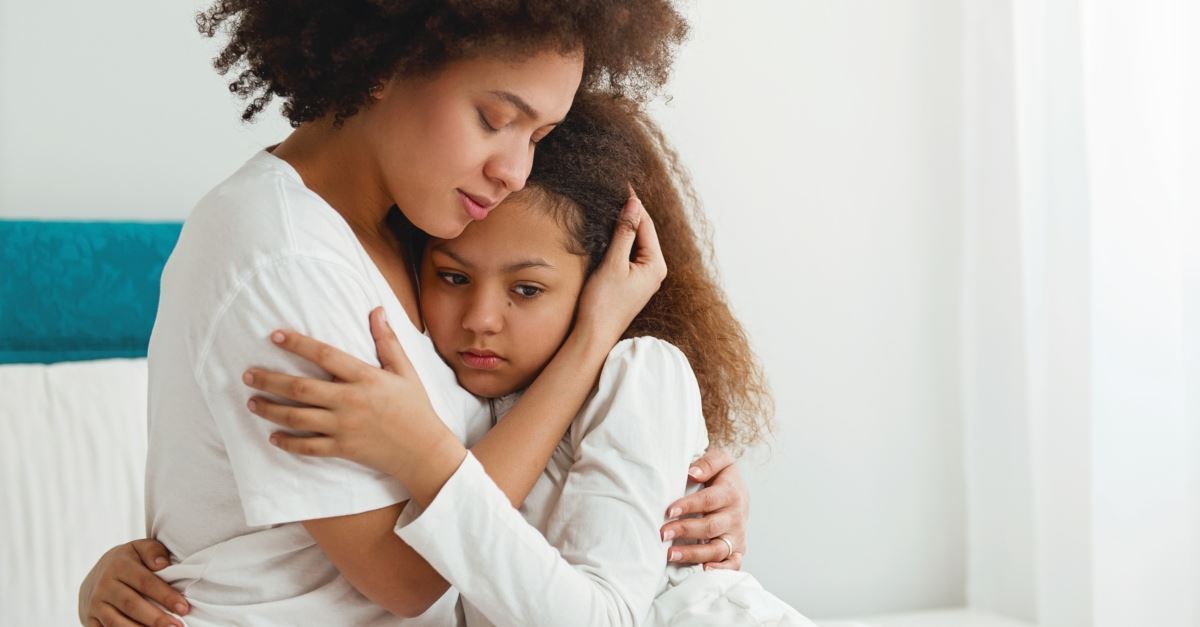News of the coronavirus COVID-19 is everywhere, from the front page of newspapers to social media. While many are struggling to cope with the lockdown, many parents are wondering how to educate children in a way that will be reassuring and not make kids more worried than they already may be.
Parents have a lot of responsibility like providing flexibility, and compassion while working through adjustment daily schedules, balancing work and other activities, processing new information from authorities, and connecting and supporting friends and family members in new ways. It is very important to remember that children look up to adults for guidance but first, parents should know how to deal with it. The COVID-19 pandemic is a serious health concern around the world right now and must be informed to the children. Educating children about preventive measures, talking with them about social distancing, and giving them a sense of relief over their risk of infection can help reduce their anxiety.
Here are some tips on how parents should approach the topic of the COVID-19 outbreak and how to talk to their kids about the potential risks.
Don’t be afraid to discuss the coronavirus.
Most children will have already heard about COVID-19 or seen people wearing face masks and staying at home, so parents should not avoid talking about it. Look for an opportunity to convey the facts about the virus and set the emotional tone. Filter the news to your kids and convey them the message in a simpler way. Your aim is to help your children feel informed and get fact-based information that is likely more reassuring than whatever they’re hearing from their friends or on the news.
Be aware of how you talk about COVID-19
Your discussion about COVID-19 can raise or lower your child’s fear. If true, remind your child that your family is healthy, and you are going to do everything within your ability to keep loved ones safe and healthy. Also, listen to them or have them draw or write out their thoughts and feelings and respond with truth and reassurance. Explain social distancing to your children as they probably don’t understand why you are not allowing them to play with their friends. Explain that the leader of the country is trying to prevent the spread by keeping us at home and they will be safe at home.
Remain calm and reassuring

Children will react to what you say and how you say it. They will get hints from the conversations you have with them and with others. Explain that most people who get sick feel like they have a cold or the flu. Kids pick up on it when parents worry, so when you talk about coronavirus to your children use a calm voice and try not to panic them. Children are very egocentric, so hearing about the coronavirus on the news may be enough to seriously worry about them. It is helpful to reassure your child by saying that kids have fewer chances of getting sick.
Keep explanations age-appropriate
If you have children below 5 years of age, provide brief, simple information on COVID-19 facts while reassuring them that adults are there to help keep them. Give simple examples of the steps and precautions that people take every day to stop germs and stay healthy, such as washing hands and covering mouths. Children between 5 to 12 years of age are more vocal in asking questions about whether they indeed are safe and what will happen if COVID-19 spreads in their area. Inform them about the efforts national, state, and community leaders are doing to prevent germs from spreading. You can discuss the issues with your teenage kids in more depth. Refer them to appropriate sources of COVID-19 facts so that they can gather accurate and factual information about the current status of COVID-19. Engage them in decision-making about family plans, scheduling, and helping with chores at home.
Establish and maintain a daily routine

Keeping a regular schedule provides a sense of control while staying calm and healthy. Encourage your child to practice the simple steps to prevent spreading the virus. Teach them the importance of wearing a mask, social distance, and throwing away used tissues immediately after sneezing or coughing. Demonstrate deep breathing as it is a valuable tool for calming the nervous system.
During this lockdown, spend more time with your kids and make it as fun as possible. Organize belongings, sing, laugh, and have fun with your kids but most important of all, stay safe from the risk of infection. Make you home free from any contamination starting from your kitchen. Remove anything that can host the virus for multiple days like plastic plates and utensils. At this time, eco-friendly disposable plates and disposable wooden spoons are more reliable and safe.

You can use sugarcane pulp plates, eco-friendly disposable bowls, eco-friendly disposable cutlery, and eco-friendly disposable cups which you can discard after use. Moreover, these products are made from natural materials which means they do not pollute the environment. For more information on COVID-19 and eco-friendly disposable tableware, visit www.ecoware.in.

